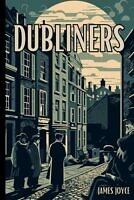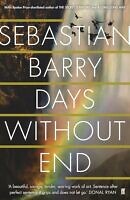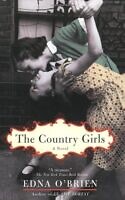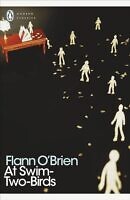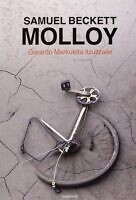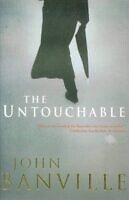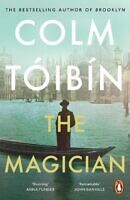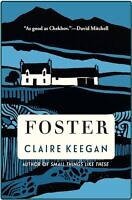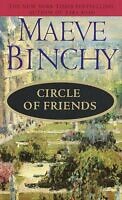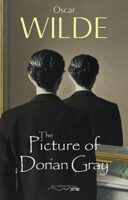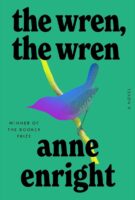12 Best Irish Books to Read
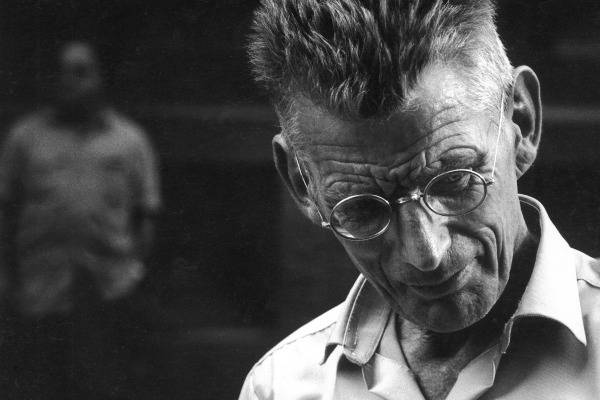 best irish books cover
best irish books cover
Ireland has a long and impressive history of great literature. We’ve selected classics such as Bram Stoker’s Dracula as well as some contemporary masterpieces by Sebastian Barry and Anne Enright. Enjoy 12 Best Irish Books to Read!
12 Best Irish Books to Read
Dubliners by James Joyce
A collection of fifteen stories, evoking the voices and lives that teem in Joyce’s vision of his native city
In this powerfully influential series of short stories, James Joyce captures uneasy souls, shabby lives and innocent minds in the dark streets and homes of his native city. In doing so, he conjures uncertainties and desires, illumines moments of joy and sorrow otherwise lost in private memory, and pierces the many mysteries at the heart of things.
Days Without End by Sebastian Barry
Sebastian Barry’s atmospheric portrayal of America in the making is also an intensely poignant story of two men and the hands dealt them by life.
After signing up for the US army in the 1850s, aged barely 17, Thomas McNulty and his brother-in-arms, John Cole, go on to fight in the Indian wars and, ultimately, the Civil War. Having fled terrible hardships they find these days to be vivid and filled with wonder, despite the horrors they both see and are complicit in. Eventually, the possibility of lasting happiness emerges, if only they can survive.
The Country Girls by Edna O’Brien
Edna O’Brien’s first novel The Country Girls and its sequels The Lonely Girl and Girls in their Married Bliss changed the temperature of Irish literature in the 1960s.
The characters of Kate Brady and her friend Baba Brennan have inspired generation after generation of readers and writers, as we see them struggling against the confines of a rural Irish convent school; revelling in the bright lights of Dublin; and weathering the unexpected challenges of married life in London.
The passion, artistry, and courage of Edna O’Brien’s vision in these novels – tender portraits of innocence and youth, love and passion, dreams and reality – resonate into the twenty-first century.
At Swim Two-Birds by Flann O’Brien
Flann O’Brien’s first novel tells the story of a young, indolent undergraduate, who lives with his curmudgeonly uncle in Dubin and spends far too much time drinking with his friends. When not drunk or in bed he likes to invent wild stories peoples with hilarious and unlikely characters – but somehow his creations won’t do what he wants them to. A dazzling work of farce, satire, folklore and absurdity that gives full rein to its author’s dancing intellect and Celtic wit, At Swim-Two-Birds is both a brilliant comic send-up of Irish literature and culture, and a portrayal of Dublin to compare with Joyce’s Ulysses.
Molloy by Samuel Beckett
Molloy is Samuel Beckett’s best-known novel, and his first published work to be written in French, ushering in a period of concentrated creativity in the late 1940s which included the companion novels Malone Dies and The Unnamable. The narrative of Molloy, old and ill, remembering and forgetting, scarcely human, begets a parallel tale of the spinsterish Moran, a private detective sent in search of him, whose own deterioration during the quest joins in with the catalogue of Molloy’s woes.
Molloy brings a world into existence with finicking certainties, at the tip of whoever is holding the pencil, and trades larger uncertainties with the reader.
The Untouchable by John Banville
Victor Maskell has been betrayed. After the announcement in the Commons and the hasty revelation of his double life of wartime espionage, his disgrace is public, his knighthood revoked, his position as curator of the Queen’s pictures terminated. There are questions to be answered. For whom has he been sacrificed? To what has he sacrificed his life?
The Untouchable is beautifully crafted novel inspired by the famous Cambridge Spies by John Banville, the author of the Booker prize-winning The Sea.
The Magician by Colm Tóibín
The Magician tells the story of Thomas Mann, whose life was filled with great acclaim and contradiction. He would find himself on the wrong side of history in the First World War, cheerleading the German army, but have a clear vision of the future in the second, anticipating the horrors of Nazism.
He would have six children and keep his homosexuality hidden; he was a man forever connected to his family and yet bore witness to the ravages of suicide. He would write some of the greatest works of European literature, and win the Nobel Prize, but would never return to the country that inspired his creativity.
Foster by Claire Keegan
It is a hot summer in rural Ireland. A child is taken by her father to live with relatives on a farm, not knowing when or if she will be brought home again. In the Kinsellas’ house, she finds an affection and warmth she has not known and slowly, in their care, begins to blossom. But there is something unspoken in this new household—where everything is so well tended to—and this summer must soon come to an end.
A story of astonishing emotional depth, Foster showcases Claire Keegan’s great talent and secures her reputation as one of our most important storytellers.
Circle Of Friends by Maeve Binchy
Generous-hearted Benny Hogan and the elfin Eve Malone have been best friends for years, growing up in sleepy Knockglen. Their one thought is to get to Dublin, to university and to freedom…
On their first day at University College, the inseparable pair are thrown together with fellow students: beautiful but selfish Nan Mahon and the handsome Jack Foley.
But trouble is brewing for Benny and Eve’s new circle of friends and, before long, they find passion, tragedy – and the independence they yearned for.
Picture of Dorian Gray by Oscar Wilde
Oscar Wilde’s alluring novel of decadence and sin was a succes de scandale on publication.
It follows Dorian Gray who, enthralled by his own exquisite portrait, exchanges his soul for eternal youth and beauty. Influenced by his friend Lord Henry Wotton, he is drawn into a corrupt double life, indulging his desires in secret while remaining a gentleman in the eyes of polite society.
Only his portrait bears the traces of his depravity. This definitive edition includes a selection of contemporary reviews condemning the novel’s immorality.
Dracula by Bram Stoker
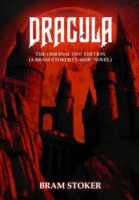
When Jonathan Harker visits Transylvania to help Count Dracula purchase a London house, he makes horrifying discoveries in his client’s castle. Soon afterwards, disturbing incidents unfold in England: a ship runs aground on the shores of Whitby, its crew vanished; beautiful Lucy Westenra slowly succumbs to a mysterious, wasting illness, her blood drained away; and the lunatic Renfield raves about the imminent arrival of his ‘master’.
In the ensuing battle of wills between the sinister Count and a determined group of adversaries – led by the intrepid vampire hunter Abraham van Helsing – Bram Stoker created a masterpiece of the horror genre, probing into questions of identity, sanity and the dark corners of Victorian sexuality and desire.
The Wren, The Wren by Anne Enright
Nell – funny, brave and so much loved – is a young woman with adventure on her mind. As she sets out into the world, she finds her family history hard to escape. For her mother, Carmel, Nell’s leaving home opens a space in her heart, where the turmoil of a lifetime begins to churn. And across the generations falls the long shadow of Carmel’s famous father, an Irish poet of beautiful words and brutal actions.
This is a meditation on love: spiritual, romantic, darkly sexual or genetic. A multigenerational novel that traces the inheritance not just of trauma but also of wonder, it is a testament to the glorious resilience of women in the face of promises false and true. Above all, it is an exploration of the love between mother and daughter – sometimes fierce, often painful, but always transcendent.
If you enjoyed 12 Best Irish Books to Read, check out 11 Classic European Books to Read








